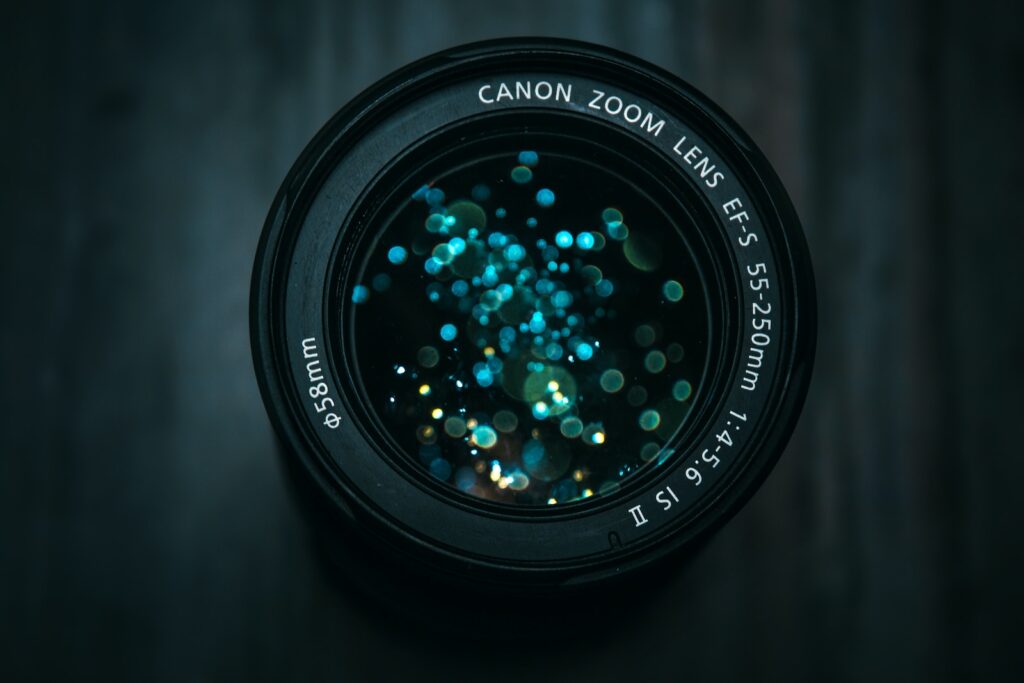Through the Lens: Safeguarding Your Photography Venture
In an era where content is king and visual appeal dominates our daily information consumption, photography has burgeoned from a hobbyist’s pursuit into a lucrative profession.
However, with this shift, the need to secure one’s photographic business has become a crucial, yet often overlooked aspect. This post explores the importance of protecting your art and innovative ways professional photographers can ensure the safety of their tangible and intangible assets.
The Importance of Protecting Your Art
The art of photography, while visually pleasing, also represents a significant financial investment. High-quality cameras, lenses, and accessories carry hefty price tags, making them attractive targets for theft.
Furthermore, beyond physical theft, there’s the looming threat of digital theft—your unique images stolen, misused, or even sold without your knowledge. As such, the protection of your art, both physical prints and digital images, is vital to your business’s sustainability and success.
Innovative Ways Photographers Secure Their Business
Modern photographers have started to employ an array of security measures to shield their work and their investment. For physical security, this involves methods like investing in sturdy safes for storage of expensive equipment, employing robust lock systems for their studios, and even utilising GPS trackers for high-end gear to aid recovery in case of theft.
On the digital frontier, watermarking has become a prevalent means of securing images. By embedding a subtle logo or signature into the photo, photographers can dissuade image theft and ensure credit for their work even when it’s shared across different platforms. Additionally, encrypted storage options and frequent data backups are essential practices to protect against digital theft or data loss.
Linking Business Security Systems to Photography

Beyond these measures, implementing a holistic approach towards security can be beneficial. This is where business security systems come into play. While often associated with conventional office setups, these systems can offer extensive protections suitable for a photography business.
For instance, surveillance cameras can oversee studios or outdoor shooting locations, ensuring the safety of both personnel and equipment. Sophisticated alarm systems can deter break-ins, alerting authorities automatically in case of unauthorised access. Integrated fire and flood protection can safeguard expensive equipment and valuable physical prints against disasters.
Moreover, modern security systems often extend their provisions to digital protections as well. Services like secure cloud storage and virtual private networks (VPNs) protect sensitive data such as client information and unique images. All of this contributes to a well-rounded security approach that empowers photographers to focus on their craft, knowing their assets are well-protected.
Navigating Legal Protections
Legal protections, while not typically categorised under ‘security,’ offer a critical line of defence for photographers. Intellectual property laws and copyright regulations can protect your creative work from misuse or theft. Registering your work for copyright can provide you with legal recourse should your images be used without your permission.
A comprehensive understanding of contracts is also crucial when engaging with clients or collaborators. Contracts should clearly specify the terms of use for your photos, protecting you from potential disputes or unauthorised use of your work.
Building a Trustworthy Team
As photographers often work with assistants, editors, and other personnel, the team around you forms an integral part of your business’s security. A trusted team not only ensures the efficient functioning of the business but also significantly reduces the risk of internal theft or sabotage.
When hiring, it’s advisable to conduct a thorough background check and have a clear, honest conversation about your business’s security policies. Encourage your team to participate in regular training on security protocols. Create an environment that values and rewards integrity.
Investing in Insurance
In spite of all precautions and security measures, sometimes, unfortunate incidents may occur. This is where business insurance steps in. From covering potential equipment theft or damage to protection against liability claims, the right insurance can offer a safety net for unforeseen circumstances.
Consider insurance policies tailored for photographers. These could include professional liability insurance, which covers legal fees and damages if a client sues you for a work-related issue, and equipment insurance, protecting your valuable photography gear against potential accidents, damage or theft.
Using Digital Tools for Client Communication
Your client communication needs to be secure as well. Breach in communication can lead to loss of vital information, which can potentially harm your reputation and your business. Using encrypted emails and secure file-sharing platforms can help ensure that your correspondence and file sharing with clients and team members remain private and safe.
Exploring Remote Monitoring
With the advent of smart technologies, it’s now possible to keep an eye on your studio or office, no matter where you are. Remote monitoring features in many modern security systems allow you to view real-time surveillance footage from your devices. Not only does this increase security by allowing quick response to any suspicious activity, but it also offers convenience and peace of mind when you’re away on a shoot or travelling.
Conclusion
The landscape of professional photography has evolved, and so too should the measures photographers take to protect their business. While the artistry and creativity of photography remain paramount, the security of your work is an aspect that cannot be undermined.
Remember, your photographic work isn’t just art—it’s also a significant investment of time, effort, and resources. A robust security system, from safes and locks to business security systems, combined with a thorough understanding of legal protections, can help you safeguard this investment, offering peace of mind and paving the way for your success in this vibrant field.